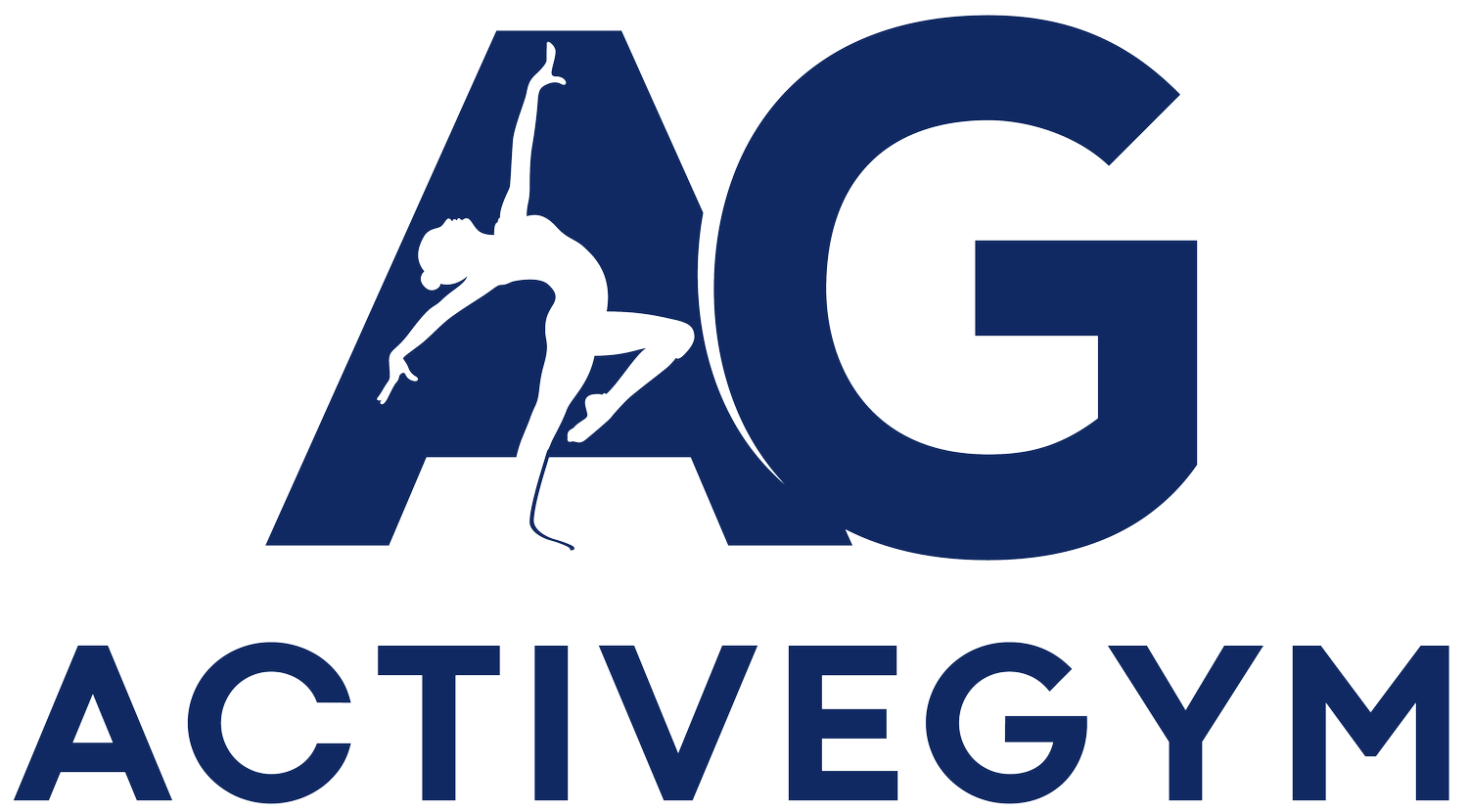Bullying Policy
We do not tolerate bullying by children or by adults on children in our club. We take all forms of bullying seriously and respond to cases following British Gymnastics’ standards.
Bullying is behaviour that intentionally hurts another individual or group that is repeated over time. Bullying can be physical or emotional and is often related to a power imbalance that makes it hard for the victims to prevent or deal with the perpetrator’s actions.
The damage bullying causes can be underestimated and can cause considerable distress to children and young people to the extent where it affects their health and development.
Bullying can occur between:
- An adult and a child or young person
- Multiple children or young people
- A parent and their own child
Bullying can take many forms, and may occur in person, online or through the actions of another person or other people. These include:
- Emotional – being unfriendly, excluding, tormenting (hiding belongings, threatening gestures etc), name-calling, sarcasm, spreading rumours, teasing/taunting, graffitiing.
- Physical – pushing, punching, kicking, hitting or any use of violence.
- Sexual – unwanted physical contact or sexually offensive comment(s).
- Cyber – email, social media and internet chat room misuse, mobile phone threats by text messaging and calls or misuse of technology (photographs, video footage etc).
Bullying may also take the form of singling out individuals because they belong to a particular group or are different in some way from others (prejudice-based bullying) and may include:
- Racist and religious based bullying
- Homophobic/ bi-phobic/ trans-phobic: Because of their sexual orientation, or perceived, or actual gender identity.
- Disablist: May focus on, or exploits, a particular aspect of the individual’s disability.
We acknowledge that the competitive nature of sport can result in tensions that may lead to bullying, but bullying cannot be condoned in any circumstance. Examples of bullying in gymnastics could be:
- A gymnast who intimidates fellow gymnasts inappropriately
- A coach who adopts a win-at-all costs philosophy
- A parent who pushes too hard
- An official who places unfair pressure on a person.
Our Strategies to Discourage Bullying
- Creating an open environment and provide adequate supervision at all times
- Encouraging children to speak out and share any concerns with the person in charge, the Club Welfare Officer or other responsible adults
- Taking all signs or allegations of possible bullying seriously.
Our Response to Victims of Bullying
- Anyone becoming aware that a child or young person is being bullied should offer reassurance and try to gain their trust.
- Explain that someone in authority may need to be informed.
- Keep accurate records of what happened and what was said, together with names of those involved and any action taken.
- Report suspicions or concerns to the person in charge.
How We Confront Bullying
- Talk to the bully, or bullies; explain the situation and try to get them to understand the consequences of their actions
- Seek an apology from the bully (or bullies) to the victim
- Inform the bully's parents
- Insist that any borrowed items are returned to the victim
- Impose sanctions or disciplinary action if necessary
- Report and record all actions taken
- Provide support for the victim and his/her coach
- Encourage the bully (or bullies) to change his/her behaviour.
How We Support the Bullied
- Children who have been bullied will often need support from club officers to deal with the impact of bullying. This may include having a specific person to whom concerns can be raised in specific situation or providing a named senior gymnast as a “buddy” in changing facilities.
- They will need support external to the club from parents, other relatives and sometimes school teachers.
- The club may consider holding a reconciliation meeting to help address the issues between the bully and the bullied person.
We advise the child, young person(s) or parent(s) to contact either:
- Kidscape (Email info@kidscape.org.uk or call 0207730 3300), a charity that offers support to bullied children, as well as day courses to help them deal with bullying and its after effects including how to avoid being bullied in future.
- Anti-Bullying Alliance. A coalition of organisations and individuals that are united against bullying.
